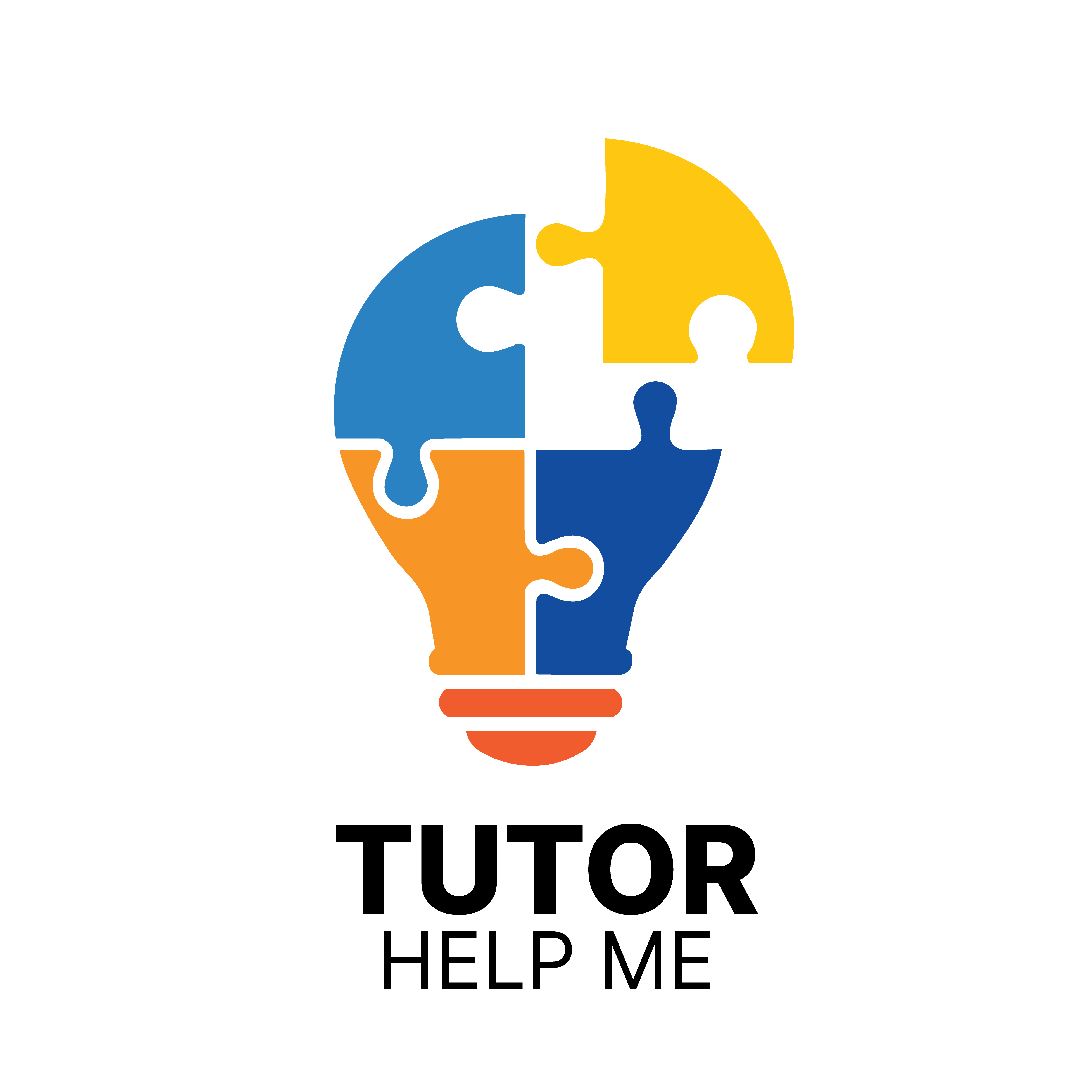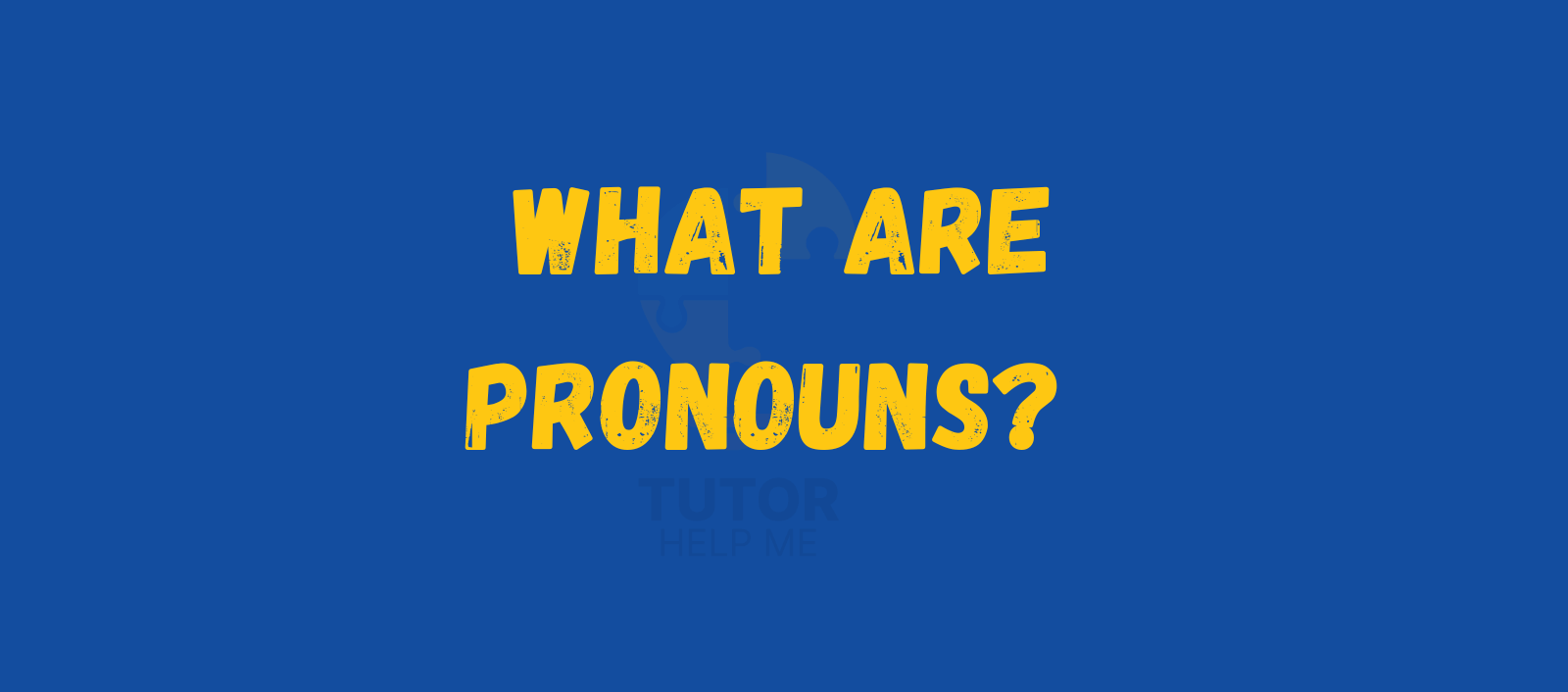Have you ever repeated the same name in every sentence? That’s where pronouns come in. They help you talk or write without repeating nouns again and again. So, what are pronouns? They are words we use in place of names or things we’ve already mentioned. In this blog, you’ll learn what pronouns are, their types, and how to use them with simple examples.
What Are Pronouns?
Pronouns are words that take the place of nouns. They help avoid repetition and make sentences clearer.
Example,
Emma likes cake. She eats it every day. “She” replaces Emma, and “it” replaces cake. Let’s explore all types of pronouns with easy examples.
Types of Pronouns with Examples
Personal Pronouns
Personal pronouns are used to replace specific people or things. They change based on number (singular or plural), person (first, second, or third), and gender.
Examples:
- I
- You
- He / She / It
- We
- They
In sentences:
- He is playing.
- They are coming.
“Learn English with our 1-On-1 English Tutors.”
Possessive Pronouns
Possessive pronouns show ownership or belonging. They replace nouns to tell us who something belongs to.
Examples:
- Mine
- Yours
- His
- Hers
- Ours
- Theirs
In sentences:
- That pen is mine.
- This is hers.
Reflexive Pronouns
Reflexive pronouns refer back to the subject of the sentence. They are used when the subject and the object are the same person or thing.
Examples:
- Myself
- Yourself
- Himself / Herself / Itself
- Ourselves
- Themselves
In sentences:
- I taught myself Spanish.
- She fixed it herself.
Demonstrative Pronouns
Demonstrative pronouns point to specific things, people, or ideas. They help show which one you are talking about.
Examples:
- This
- That
- These
- Those
In sentences:
- This is my favourite song.
- Those are my shoes.
Interrogative Pronouns
Interrogative pronouns are used to ask questions. They help us get more information about people or things.
Examples:
- Who
- Whom
- What
- Which
- Whose
In sentences:
- Who is at the door?
- What are you doing?
Relative Pronouns
Relative pronouns link a clause or phrase to a noun. They help add more detail to a sentence.
Examples:
- Who
- Whom
- Which
- That
- Whose
In sentences:
- The boy who won is my brother.
- This is the book that I borrowed.
Indefinite Pronouns
Indefinite pronouns refer to people or things without saying exactly who or what. They are useful when the exact identity is not known or not needed.
Examples:
- Someone
- Anyone
- Everyone
- Nothing
- Many
In sentences:
- Everyone is invited.
- Nothing matters now.
Why Pronouns Are Important
- They make writing shorter.
- They help avoid repeating nouns.
- They keep sentences smooth and natural.
Quick Pronoun Practice
Find the pronouns in each sentence:
- She gave him a gift.
- This is yours.
- Nobody called today.
- We saw ourselves in the mirror.
- Which one is yours?
Answers: She, him, This, yours, Nobody, We, ourselves, Which, yours
Conclusion:
Pronouns make our sentences smoother and clearer. Instead of repeating names or things, we use pronouns to keep our speech and writing simple. From personal to indefinite pronouns, each type has a unique role.
Learning how to use them helps improve grammar and makes communication easier. Whether you’re writing an essay or having a conversation, using the right pronoun matters.
Practice using each type in daily sentences to get better at it. Understanding pronouns is a key step in mastering English. Keep learning, and you’ll soon use them with confidence and ease.
Read More What Is a Noun? Definition, Types, and Examples
FAQ’s
Can pronouns be subjects and objects?
Yes, pronouns can be both subjects and objects depending on their position in the sentence.
How do I teach pronouns to kids?
Start with basic examples and use games or stories where pronouns replace names in fun ways.
Can “it” be used for a person?
No, “it” is used for animals or things, not for people in standard English.
How do pronouns improve writing?
Pronouns remove repetition, create smoother flow, and make writing easier to read and understand.

